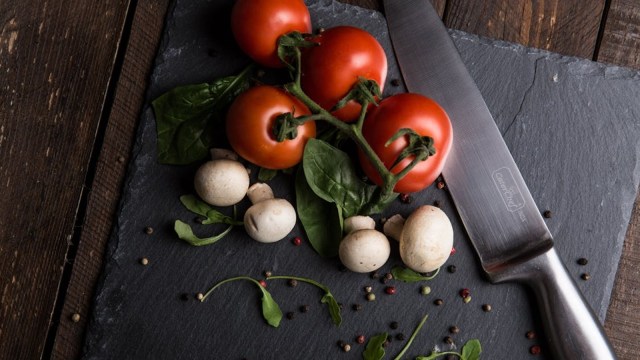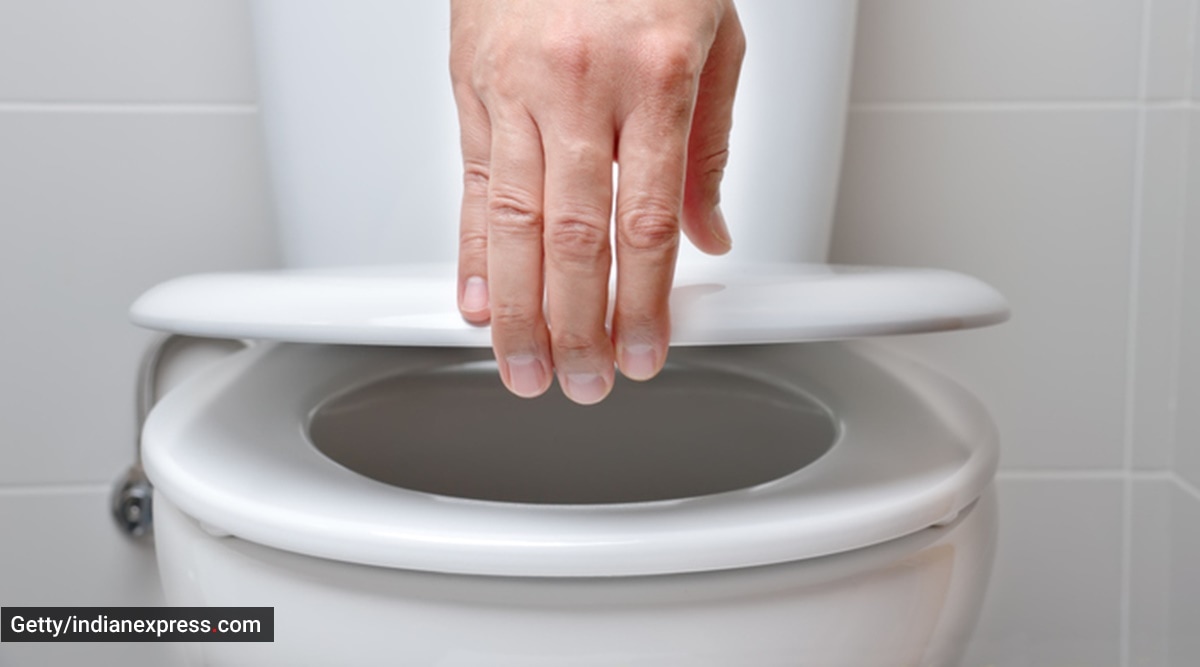📣 For more lifestyle news, click here to join our WhatsApp Channel and also follow us on Instagram
Your chopping board has more bacteria than a toilet seat, the Internet says; we verify
Medical experts discuss the importance of maintaining cutting boards, the risks associated with improper cleaning, and tips to ensure your kitchen stays hygienic.
 Learn how to properly clean and sanitise your chopping board to prevent bacterial contamination. (Source: Pexels)
Learn how to properly clean and sanitise your chopping board to prevent bacterial contamination. (Source: Pexels)When it comes to kitchen hygiene, many may not realise that their chopping board could be a bigger breeding ground for bacteria than they imagine. But the Internet seems to believe that chopping boards might be worse than toilet seats. We talked to experts to understand if that is true.
Are chopping boards dirtier than toilet seats?
According to dietician Suhani Seth Agarwal, Head of Department, Dietetics, Yatharth Super Speciality Hospital, Noida, chopping boards can harbour harmful bacteria such as E. coli and Salmonella, mainly because they come into contact with raw meats and vegetables.
While the comparison to toilet seats might be a bit much, she said that chopping boards, especially wooden ones, can be a hotspot for bacterial growth if not properly cleaned. The porous nature of wood allows bacteria to penetrate and multiply in the grooves and cracks, increasing contamination risk. This emphasises the importance of proper sanitation.
Adding to the conversation, Kanikka Malhotra, consultant dietician and diabetes educator, highlights research by microbiologist Charles Gerba, which shows that cutting boards can carry significantly more faecal bacteria than toilet seats. This happens because chopping boards are often exposed to raw meats, and bacteria may become trapped in the board’s surface. Although toilet seats aren’t immune to germs, they are cleaned more regularly and with stronger disinfectants. Therefore, regular cleaning may not entirely remove bacteria from cutting boards, making them more susceptible to contamination.
Though our experts don’t agree on whether a chopping board has as much bacteria as a toilet seat, they do say it carries a significant amount of it, enough that warrants proper cleaning. So, let’s learn how to clean a chopping board well.
 Though our experts don’t agree on whether a chopping board has as much bacteria as a toilet seat, they do say it carries a significant amount of it, enough that warrants proper cleaning. (Photo: Getty/Thinkstock)
Though our experts don’t agree on whether a chopping board has as much bacteria as a toilet seat, they do say it carries a significant amount of it, enough that warrants proper cleaning. (Photo: Getty/Thinkstock)
How to properly clean your chopping board
Proper cleaning of chopping boards is essential for reducing bacterial contamination. Agarwal recommends washing boards with hot water and dish soap immediately after use, especially after handling raw meat. For deeper cleaning, natural disinfectants like white vinegar or lemon juice can be effective.
Occasionally, sanitising the board with a diluted bleach solution can help. It’s important to let the board air dry completely since moisture can encourage bacterial growth. Over time, replacing chopping boards that develop deep grooves is advised to prevent bacteria from hiding in these cracks.
Preventive measures to reduce contamination
To prevent cross-contamination, Malhotra advises using separate chopping boards for raw meats and vegetables. More thorough cleaning methods, such as using a kitchen disinfectant or running boards through the dishwasher, are recommended over natural cleansers like salt or lemon juice, which may not eliminate all bacteria. Wooden cutting boards require extra care and should be sanded down periodically to remove any deep grooves where bacteria may reside. Following these practices will help reduce the risk of bacterial infections from contaminated boards.
DISCLAIMER: This article is based on information from the public domain and/or the experts we spoke to. Always consult your health practitioner before starting any routine.
📣 For more lifestyle news, click here to join our WhatsApp Channel and also follow us on Instagram






- 01
- 02
- 03
- 04
- 05





















